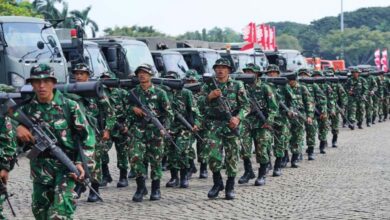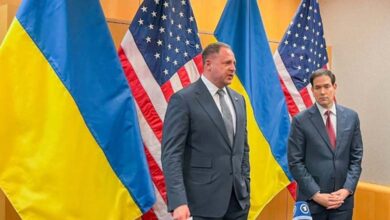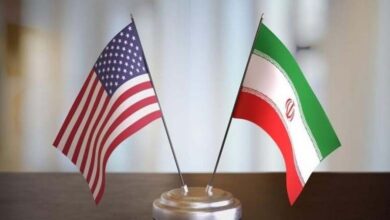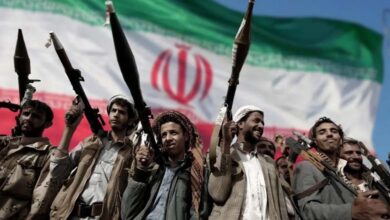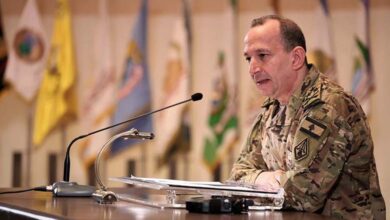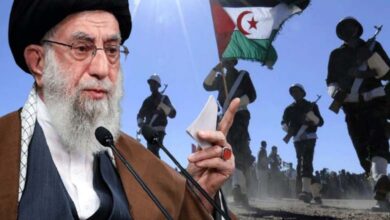How did the Muslim Brotherhood exploit the political circumstances to seize power and reap profits?
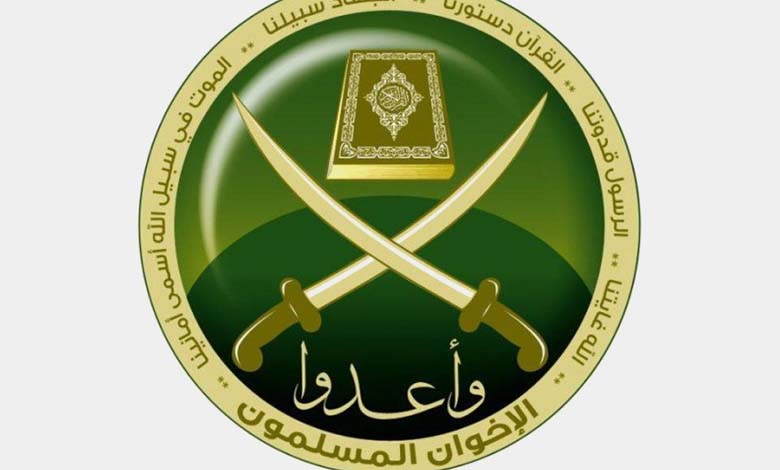
The Muslim Brotherhood played on the political circumstances to achieve maximum benefit, alongside exploiting the economic openness climate to garner funds for its activities. A recent study by the Egyptian researcher on extremist movements and international terrorism, Munir Adib, focused on the extremist organizations, their evolution, funding sources, and ways of combating them, highlighting two main points.
The first point revolves around the development of extremist groups and the conditions conducive to their flourishing, while the second point concerns funding and fundraising for various activities. The study clarified that “the weakness of some political systems contributed to the existence of these organizations, and in addition, these organizations underwent internal transformations that made them more aggressive in dealing with political systems; extremist organizations become more extreme over time”.
The study continued: ‘’Some extremist organizations exploited the political circumstances that the region went through in 2011, against the backdrop of what was called the Arab Spring, while others helped in creating these circumstances…, and undoubtedly, the goal behind this is to seize power and gain access to it’’. Some Arab regimes allowed the presence of some of these organizations, permitting them political participation or military presence, until it became an established fact, and these organizations became part of the social and political fabric of several countries. Here, the danger of these organizations became visible and audible, according to the study.
The researcher cited the example of the Muslim Brotherhood, classified as a terrorist group in several countries, which was allowed political participation in Egypt, “it participated in several parliamentary elections, and previously entered professional union elections, as well as being allowed representation in youth centers and student unions in schools and universities, which ultimately led to the organization’s accession to power in 2012.”
The study also pointed out that there are several sources of funding for terrorist organizations; some are self-financing sources, some come through theft and looting of others’ property, and there are funds received by these organizations as support from some countries and their intelligence agencies, aimed at buoying them up, and then benefiting from their existence or the role they play.
Most extremist groups impose a tax on the income of their members, referred to within the Brotherhood as the “invitation share,” estimated at about 2% and reaching up to 5%, and there are exceptional and permanent donations associated with any activity of the group, according to the study.
As a result, the proceeds from these funds amount to hundreds of thousands of dollars, in addition to the presence of commercial companies under the name of the Muslim Brotherhood, some of which are overseen by individuals who may not belong to the Brotherhood, and some of whom may be Christian, aiming to escape security surveillance, and consequently confiscation.
The study also pointed out that the Muslim Brotherhood aims to diversify its sources of income that it spends on its activities and events.
The group also entered the cryptocurrency investment market, starting to send hundreds of millions of dollars to invest them outside the borders of the country where it is located, so as not to fall prey to confiscation, and to have ample room to practice all its activities as long as funds are available, according to the study.


